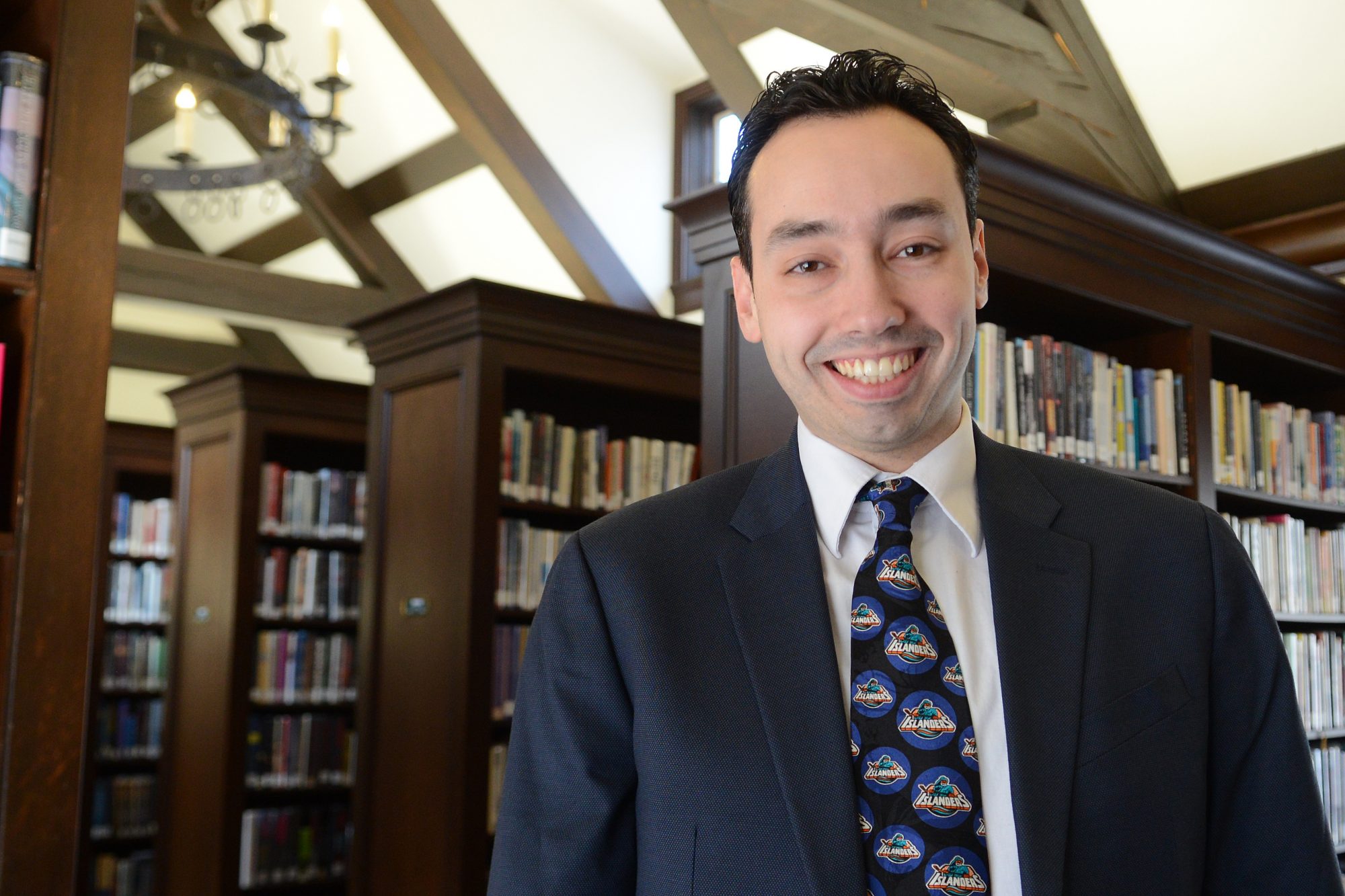By Nicholas Hirshon
Published July 13, 2013
Wall Street Journal
History teacher Carl Ballenas was eyeing a shady patch at the edge of Maple Grove Cemetery in Kew Gardens, Queens—Plot 5, where nothing but sticks and browning grass was visible.
It was on this spot in 1914 that the bodies of 21 destitute people were dumped into an unmarked grave. One of them was George W. Johnson, a former slave who was among the first widely successful black recording artists.
“He’s here – some place,” said Mr. Ballenas, his eyes scanning the dirt.
Next January will mark the centennial of the unceremonious death of Mr. Johnson, an anniversary that Mr. Ballenas hopes to mark by dignifying the humble grave, perhaps with a $10,000 relief of the singer’s face on a boulder or a $40,000 bronze bust.
But the same songs that propelled Mr. Johnson to fame could complicate efforts to commemorate him after a century of obscurity. A black man in a white business, he was paid to sing racist lyrics that mocked African Americans. The phonograph companies that hired him in the 1890s, at the birth of the recording industry, used derogatory terms for blacks on the song sheets.
Mr. Johnson had a seemingly sordid personal life, too. At the height of his career, he was arrested on suspicion of murdering his common law wife, though charges were never filed, according to historians. A few years later, Mr. Johnson went on trial for the murder of another common law wife who had been found beaten and unconscious in their apartment. Again, he was exonerated.
By the time of Mr. Johnson’s death, the African American community was not celebrating him. Only one black newspaper appears to have run an obituary, glossing over the offensive lyrics that Mr. Johnson sang. The NAACP had been founded five years earlier, and blacks sought to move on from an era of demeaning songs.
“There was an embarrassment about him,” said Tim Brooks, author of the 2005 book “Lost Sounds: Blacks and the Birth of the Recording Industry, 1891-1922,” which contains a chapter on Mr. Johnson. “He was, if not rejected, certainly forgotten and just pushed out of the memory of people by the time he died.”
The unease about Mr. Johnson’s work still lingers. Ken Cohen, who oversees the city’s NAACP branches, said that Mr. Ballenas’s effort puts the association in a Catch-22. He said he believes every grave should be marked, but admitted that Mr. Johnson’s legacy made him “slightly uncomfortable.”
“He actually made a pretty good dollar for that time,” Mr. Cohen said. “Of course, it links back to how he made the dollar.”
Born to slaves in rural Virginia, Mr. Johnson moved after the Civil War to New York City, eking out a livelihood singing on the streets. His whistling in particular caught the attention of early phonograph companies, since the sharp sound was easy for primitive recording machines to pick up.
“He slurs his phrases and he goes from one note into another in a very kind of naturalistic, almost street way, and yet does it in a way that is extremely intelligible,” Mr. Brooks said.
So enduring were Mr. Johnson’s catchy tunes, in fact, that he is still lauded by the music community. In 2007, the Grammy Award for best historical album went to a CD that accompanied Mr. Brooks’s book. It featured many recordings from early black musicians, including several of Mr. Johnson’s songs.
Richard Martin, who produced the album for his company, Archeophone Records, said Mr. Johnson’s jovial personality convinced white audiences of the late 19th century to buy the music of a black man.
“He’s got this infectious laugh, he whistles and he’s non-threatening to white people,” Mr. Martin said. “He does have that vigor and that excitement, and he might be accompanied by a hot ragtime pianist.”
In his fundraising effort, Mr. Ballenas already has support from the Josephine Foundation, a Long Island-based nonprofit that sponsors arts programs. Its chairman, Andrew Koslosky, said the foundation would try to raise money by hosting a jazz concert at Maple Grove — without playing Mr. Johnson’s songs.
“I don’t think anybody is saying he is a saint, but what he did historically has to be noted,” Mr. Koslosky said.
Mr. Ballenas is also seeking a grant from the MusiCares Foundation, the charitable arm of the National Academy of Recording Arts and Sciences, which awards the Grammys. The foundation encouraged Mr. Ballenas to apply, strengthening his hope that music aficionados will look past Mr. Johnson’s lyrics and to his pioneering role.
“I want to recognize him as a musician, not for what he had no control over,” Mr. Ballenas said. “We want to bring his story back to life.”
